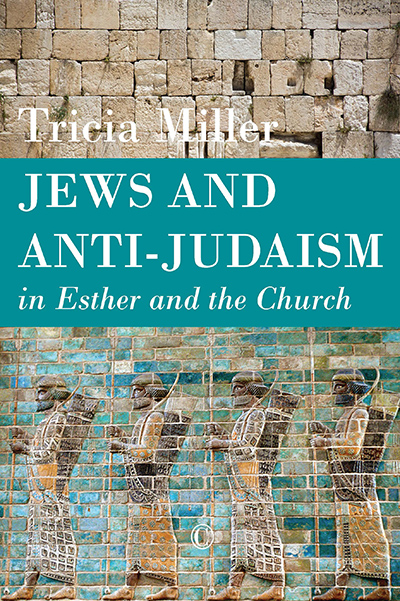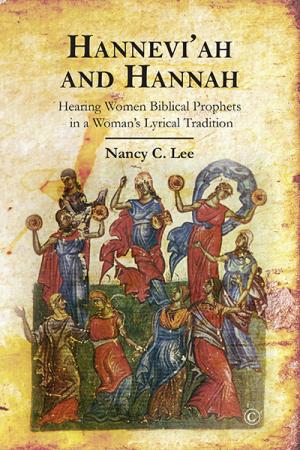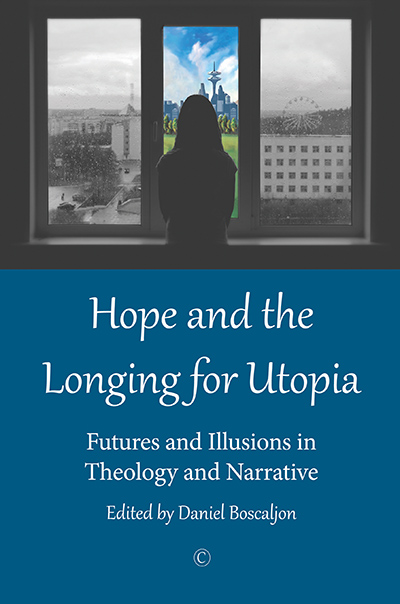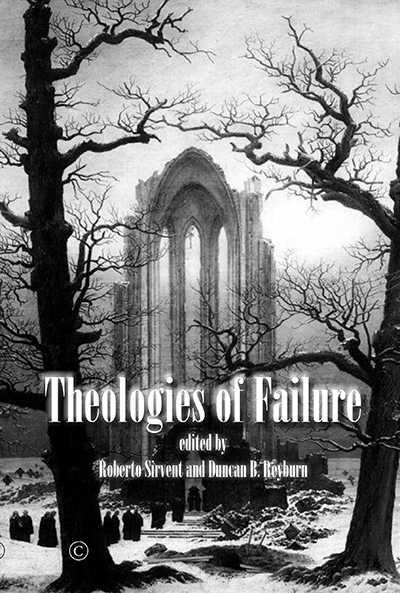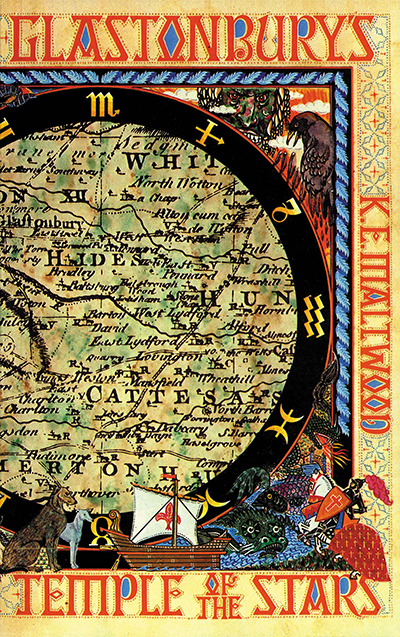Description
The biblical Book of Esther records an account of Jewish resistance to attempted genocide in the setting of the Persian Empire. According to the text, Jews were targeted for annihilation simply because of their Jewish identity. However, the story also reports that they were allowed to defend themselves against anyone who sought to kill them. In the context of attempted genocide, the message of Esther addresses a timeless and universal issue of justice – that humans have the right and responsibility to defend themselves against those who intend to murder.
Jews and Anti-Judaism in Esther and the Church shows how the anti-Judaism that is a central feature of Esther relates to the contemporary issue of the contested legitimacy of the State of Israel as part of the ongoing Arab-Israeli conflict. In her outstanding book, Dr. Tricia Miller uses an academic approach to demonstrate the relationship of historic theology to current events concerning Israel for the purpose of encouraging Christians to support Israel’s right to exist and defend itself against those who seek its destruction.
About the Author
Tricia Miller (PhD) is a former Adjunct Professor at Claremont School of Theology in Claremont, CA. She earned her Ph.D. in Hebrew Bible from Claremont Graduate University and is now a senior research analyst at the Committee for Accuracy in Middle East Reporting in America.
Contents
Introduction
1. Hebrew Esther: Is it a Story of Jewish Aggression or Resistance to Attempted Genocide?
The History of Interpretation of Esther Since Martin Luther
The Intent of the Author
The Message of Hebrew Esther
Conclusions
Excursus: The Textual Relationships of the Three Books of Esther
2. Old Greek Esther: When and Why Was It Written?
The Historical Setting of Old Greek Esther
The Relationship Between Jewish and Greek Literature
The Jewish Response: I, II, III Maccabees and Old Greek Esther
Dates for the Arrival of OG Esther in Alexandria and Its Composition in Jerusalem
I Maccabees and the Composition of Old Greek Esther
II Maccabees and the Composition of Old Greek Esther
III Maccabees and the Composition of Old Greek Esther
Conclusions
3. Alpha Text Esther: When and Why Was It Written?
The Historical Setting of the Composition of Alpha Text Esther
Common Themes on Jews and Judaism in Greek and Latin Authors
Philo and Josephus on Jews and Judaism
Common Themes in Philo, Josephus, Maccabees, OG, and AT Esther
A Date of Composition for AT Esther
The Date of Composition and the Author’s Identity
Conclusions
4. The Greek Versions: Historic Use and Literary Comparisons
The History of the Translation of the Septuagint
Early Use of the Septuagint by Jews and Christians
The Authority Attributed to the Septuagint by the Early Church
Historical Use of the Alpha Text of Esther
Preliminary Conclusions
Interpretations of the Story and the Character of Esther
Feminist and Christian Theology
Anti-Feminism and Anti-Judaism in Hebrew Esther and Twentieth-Century German Theology
Literary Comparisons of Hebrew and Old Greek Esther
Conclusions
5. From Historic Anti-Judaism to Current Anti-Zionism
Definition of Terms
History of Christian Anti-Judaism
Significant Features of Christian Anti-Judaism
Anti-Jewish Theology at the Heart of Christian Anti-Zionism
Palestinian Proponents of Christian Anti-Zionism
American Proponents of Christian Anti-Zionism
The Political and Historical Context of the Conflict
Conclusions
Final Conclusions
Bibliography
Index
Endorsements and Reviews
This brilliant work of scholarship is deliberately and sensitively combined with advocacy in support of Israel. Dr Tricia Miller explores the heart of scholarly debate about the book of Esther: whether there is justification for resistance, in the name of God and by force, to oppression. She argues that this debate is central to understanding the heart and mind of the Hebrew Bible, showing that Jews have a right to defend their existence as individuals, as a community of people and as a state.
Paul Merkley, Emeritus Professor of History, Carleton University, Ottowa
"This is the most careful study of the book of Esther and its anti-Jewish interpretations in the Church I have read. By placing the book of Esther in the context of realpolitik and hermeneutics that are filled with Jewish resistance to attempted genocide, Tricia Miller addresses the history of Christian anti-Judaism, the errors of replacement theology, and anti-Zionism as the new anti-Judaism. The book reads like a detective story which, by way of excellent exegetical scholarship and sound academic perception of history, puts the contemporary issue of the contested legitimacy of the State of Israel into the context of the universal right and obligation of self-defense. This investigation represents progressive thinking and the reality of strong bridges built between Jews and Christians in recent times.
Dr Petra Heldt, Rothberg International School, The Hebrew University of Jerusalem
"In her clear and thorough analysis, Tricia Miller shows how the book of Esther has been misinterpreted for anti-Semitic purposes. In particular, she demonstrates that hatred of Judaism as an aggressive form of nationalism – a Christian trope in the interpretation of Esther – feeds current attempts to delegitimate the State of Israel.
Bruce Chilton, Bernard Iddings Bell Professor of Religion, Bard College, New York
"Any theology student can be grateful to have this meticulous study of the origins and historical context of the book of Esther in its Hebrew and Greek versions. Tricia Miller demonstrates the ideological continuity that characterizes attempts to eradicate the Jewish people from Ancient Persia to the modern Middle East.
Malcolm F. Lowe, Ecumenical Theological Research Fraternity, Jerusalem
A brilliant exposé of the connection between historic anti-Semitism, or hatred of the Jews, and modern forms of anti-Zionism found in the Church. May we learn from this sad history to become a Church that opposes anti-Semitism in all of its forms.
Susan Michael, US Director, International Christian Embassy Jerusalem

